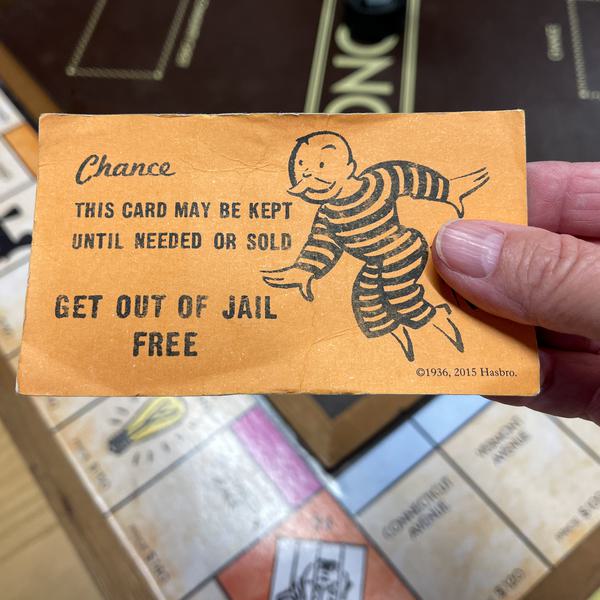
Law & Principles
Tribes hail ‘get out of jail free’ card for Indians
Ray Carter | June 30, 2023
Tribal leaders are praising a federal court decision that effectively gave Indians a “get out of jail free” card by ruling that tribal citizens are exempt from local law enforcement in Tulsa and other communities located on historic reservation land throughout eastern Oklahoma.
The Muscogee (Creek) Nation issued a statement saying the court “has applied the correct rule of law” and officials can now “move forward” and “continue to flourish.”
Cherokee Nation Principal Chief Chuck Hoskin issued a statement praising the court for “reaffirming that states and municipalities do not have criminal jurisdiction over Indians in Indian Country.”
Tribal officials issued those statements in response to the U.S. Court of Appeals for the 10th Circuit’s ruling in Justin Hooper v. City of Tulsa.
The case centered on Justin Hooper, who was issued a $150 traffic citation by the City of Tulsa on Aug. 13, 2018. Despite initially paying the fine, Hooper later claimed he was exempt from city enforcement of its traffic laws because he is a member of the Choctaw Nation and Tulsa lies within the historic reservation boundaries of the Muscogee (Creek) Nation. A 2020 ruling by the U.S. Supreme Court, McGirt v. Oklahoma, held that the Muscogee reservation was never formally disestablished.
Tulsa argued it still had jurisdiction over Indian inhabitants under the federal Curtis Act of 1898, and a municipal court and district court both agreed with Tulsa in prior rulings. But the 10th Circuit disagreed, ruling that Tulsa city law enforcement cannot arrest or fine American Indians.
Several tribes argued that their members are exempted from the authority of Tulsa police and other municipal law enforcement throughout most of eastern Oklahoma. Because of the McGirt decision, up to 42% of the state now lies within the historic boundaries of reservations that have been held to have never been formally disestablished.
A brief filed by the Muscogee (Creek) Nation said that absent congressional authorization, “neither states nor their political subdivisions have jurisdiction over crimes involving Indian defendants committed within the boundaries of an Indian reservation.”
A brief filed by the Cherokee Nation, Chickasaw Nation, Choctaw Nation of Oklahoma, Quapaw Nation, and Seminole Nation declared that allowing Tulsa to issue speeding tickets to American Indian drivers “threatens to establish a new presumption in eastern Oklahoma—that municipalities have jurisdiction over Indians within their boundaries.”
Following the Hooper ruling, any individual within the areas impacted by the McGirt ruling who has a Certificate of Degree of Indian Blood (CDIB) card proving he or she is descended from a Native American will now be exempt from local enforcement of municipal ordinances, as local police cannot issue them fines or arrest them for violations.
In a brief filed in the Hooper case, Tulsa officials warned the practical effect of a ruling in Hooper’s favor would be to create “a system where municipal laws would only apply to some inhabitants, but not others, depending on a complex algorithm with variables based on tribal membership of a defendant as well as discrete geographies within the City limits.”

Ray Carter
Director, Center for Independent Journalism
Ray Carter is the director of OCPA’s Center for Independent Journalism. He has two decades of experience in journalism and communications. He previously served as senior Capitol reporter for The Journal Record, media director for the Oklahoma House of Representatives, and chief editorial writer at The Oklahoman. As a reporter for The Journal Record, Carter received 12 Carl Rogan Awards in four years—including awards for investigative reporting, general news reporting, feature writing, spot news reporting, business reporting, and sports reporting. While at The Oklahoman, he was the recipient of several awards, including first place in the editorial writing category of the Associated Press/Oklahoma News Executives Carl Rogan Memorial News Excellence Competition for an editorial on the history of racism in the Oklahoma legislature.